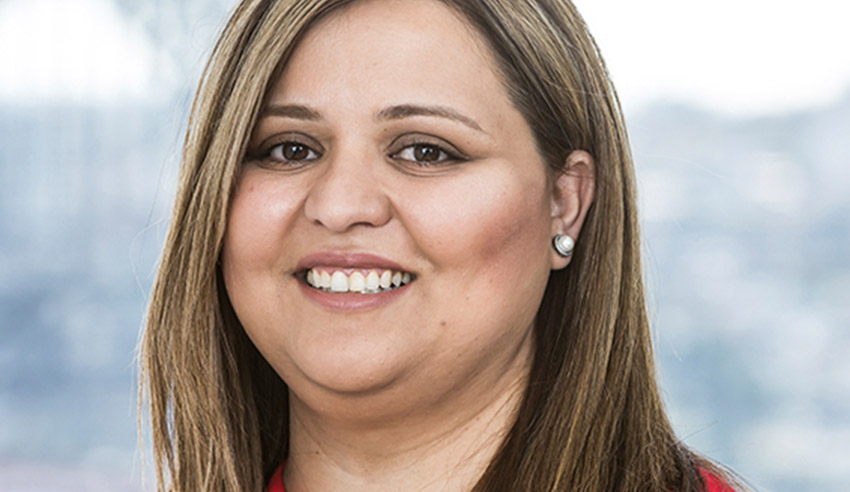For franchise systems, the coronavirus pandemic has either been a blessing in disguise or meant a complete shutdown of a business.

In conversation with Lawyers Weekly, Macpherson Kelley principal Racha Abboud said that the global pandemic has either meant that franchise systems have been given an opportunity to “innovate, differentiate and deliver” in unique market conditions, or it has resulted in complete shutdowns of businesses.
“Whilst it’s in everyone’s best interest for franchisees and franchisors to work together, often conflicting priorities and points of view [mean] that is not usually the case. However, with COVID-19 and the threat that it poses, what we are seeing is franchisors and franchisees working more closely together to help each other get through this.”
For many franchisors, Ms Abboud continued, a shutdown of a franchisees business would normally have triggered events of default under their agreements, likely resulting in termination and ongoing disputes.
“However, given the unusual circumstances, both franchisors and franchisees are openly working together to try and overcome this difficult period of time for the majority of businesses,” she said.
“Some of the main issues we are seeing at present [include]: complete shutdown of businesses in certain sectors, i.e. food and retail, significant reduction in sales/foot traffic for franchises and the flow-on effect that has [the need] to keep trading and the doors open versus close the doors and attempt to reduce costs/losses, innovating products and services on offer by a franchise system, and reliance on franchisors to step in and offer solutions to franchisees.”
When asked about challenges posed to lawyers representing such businesses, Ms Abboud said that the challenges – both for in-house and private practice teams – “remain the same”.
These are, she said, to “reconcile what happens commercially with legal rights and obligations and ensure that both parties’ rights and interests are safeguarded and upheld. Given how quickly things are moving, franchise systems are making decisions quickly and reactively to the situation at hand.”
“For the majority of in-house and legal, it’s a matter of working with your client(s) to make sure the proper decision process is being followed without drowning your client(s) in red tape. At the same time, you are trying to [proactively] manage and create a risk mitigation strategy that helps the business/client deal with the now and what could potentially happen,” she said.
In order to manage these challenges, Ms Abboud suggested that lawyers “collaborate, collaborate, collaborate”.
“No team should work in isolation (pardon the pun),” she mused.
“Operations need to work with support officers to advise what support franchisees [need], support [officers’] need to work with finance to see what levers can be pulled, finance needs to work with legal to document deals, etc. If they haven’t already done so, every franchise system should create a crisis management team, this should include a member from each of the different arms in the support office as well as in-house and or external legal advisers.
“There should be a direct line of communication to the CEO or the board and the crisis team should meet daily if necessary and collaborate on their approach to dealing with the situation.”
Lawyers working in the franchising space must not only be there for their clients, Ms Abboud concluded, they must “be there with” their clients.
“You may not necessarily be asked legal questions at this time, but nevertheless be the trusted adviser that they need. Work alongside your client, providing [commercially] astute advice that is relevant to their business and situation,” she said.

Jerome Doraisamy is the managing editor of Lawyers Weekly and HR Leader. He is also the author of The Wellness Doctrines book series, an admitted solicitor in New South Wales, and a board director of the Minds Count Foundation.
You can email Jerome at: